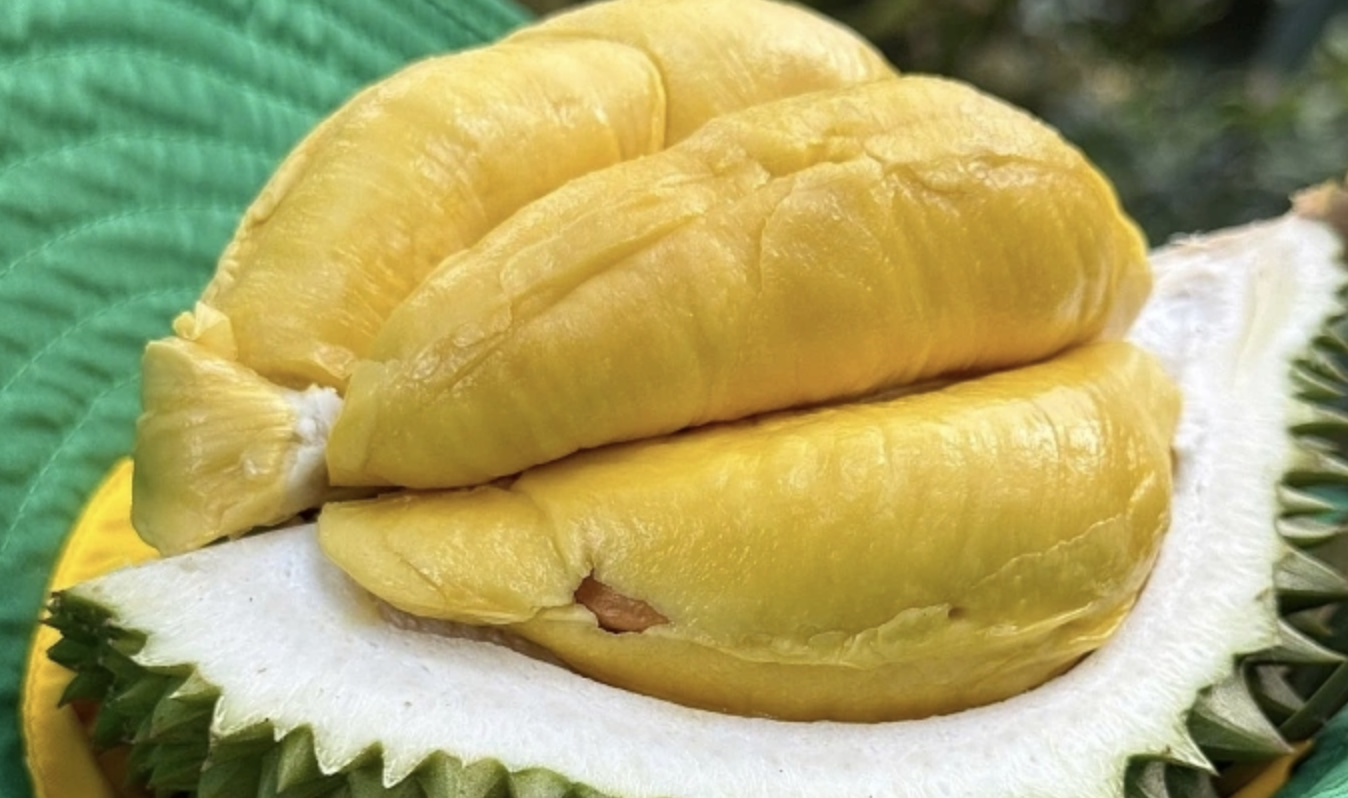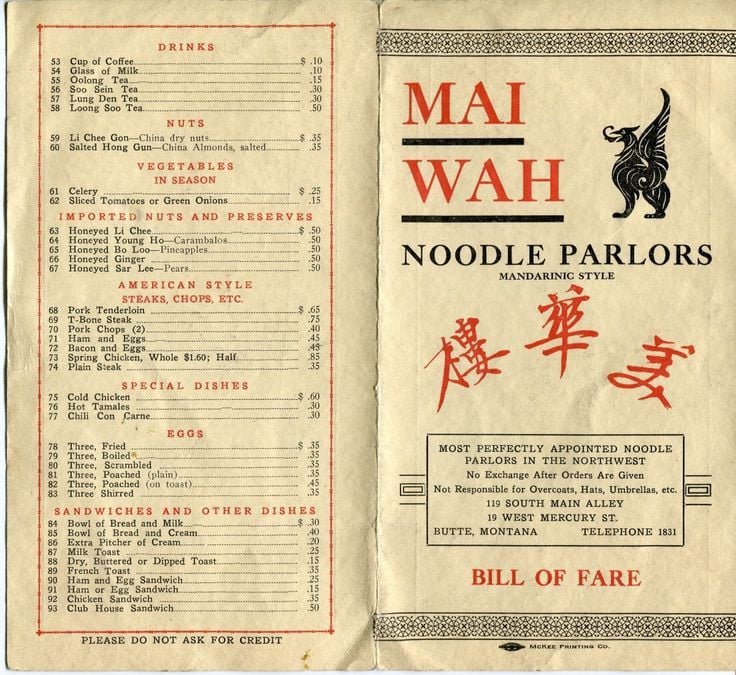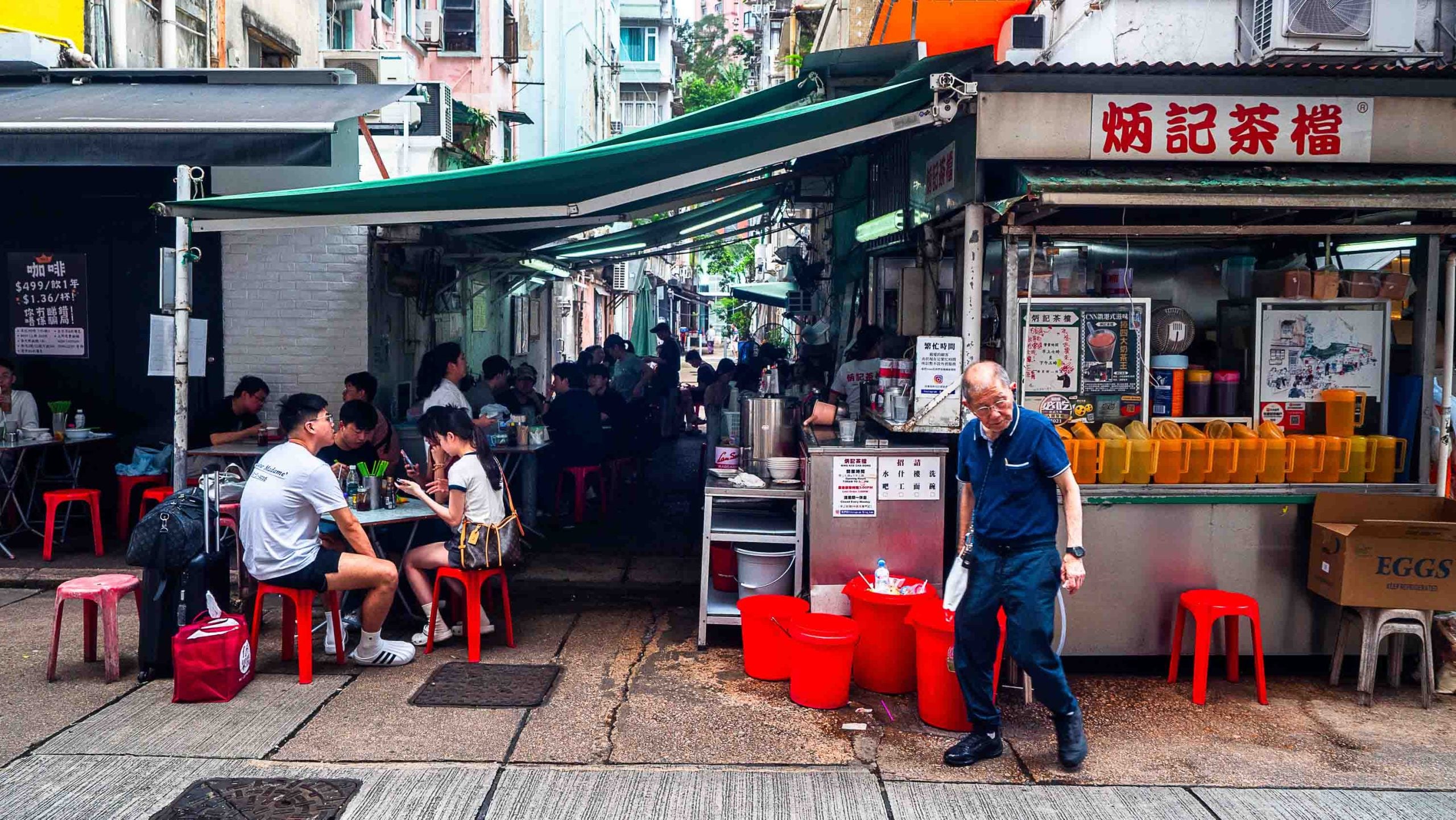By now you will have heard the sad news that Anthony Bourdain, chef, writer, and traveller extraordinaire has died at the age of 61.
It’s testament to his talents that the tributes to Bourdain have come from such a wide array of voices, that people of hugely diverse culinary and cultural backgrounds have been talking with such great warmth for him.
Today’s a day of extreme sadness for us here at Xi’an Famous Foods. I’ve lost a dear friend today, and we mourn with the rest of the world. I remember the time in 2007 when Tony first visited our basement food stall in Flushing for Travel Channel’s No Reservations while I was… pic.twitter.com/z7FBcWnMID
— Xi’an Famous Foods (@xianfoods) June 8, 2018
Bourdain visited China on numerous occasions, and his passion for the country — via its people and, of course, its food — shone through on his TV shows. He also took some visual cues from China and declared himself “besotted” with the work of Wong Kar-wai; one of his last posts on Twitter was with Wong’s go-to cinematographer Christopher Doyle in Hong Kong.
As with countless other places across the world, Bourdain was always highly quotable on China. When he opened season four of Parts Unknown with a visit to Shanghai in 2014, a visit where he mixed tackling xiaolongbao dumplings and other street snacks with a trip to a millionaire’s wine cellar, Eater captured some of his best lines:
What is the future? I don’t know. But to a very great extent, it is surely being determined here. Is there a plan? Probably not. Only appetites.
This is a socialist country, supposedly. This is a Communist country, supposedly. It is in fact, from all the evidence I’ve ever seen, the most dynamic capitalist country on earth.
We talk about ‘foodies’ — what the hell does that mean? By current definition, best that I can understand it, that makes just about every Chinese person I ever laid eyes on a ‘foodie.’ Which is to say, a perfectly reasonable person who enjoys and pays attention where the good stuff is.
In his written introduction to that episode, Bourdain also noted that, “China — Shanghai in particular — is a very different looking place every time I go. And I believe that the world as a whole, largely because of what’s happening in China, is going to be a very different looking place.”
Arguably some of Bourdain’s most memorable China moments came in the west of the country, where he declared Sichuan to be, “the spicy, sensualist heartland of all the things I love about China.”
And then there was his No Reservations trip north to Harbin in the dead of winter. There he got a taste of the well-below-freezing temperatures, dumplings, stews, pickled vegetables, and drinking culture that defines the dongbei (northeast) region. And went ice fishing, as you do.

Whether he was in Shanghai or Sichuan, Harbin or Beijing, Bourdain was always an entertaining watch when dealing with China and its food.
He will of course be sorely missed.


















